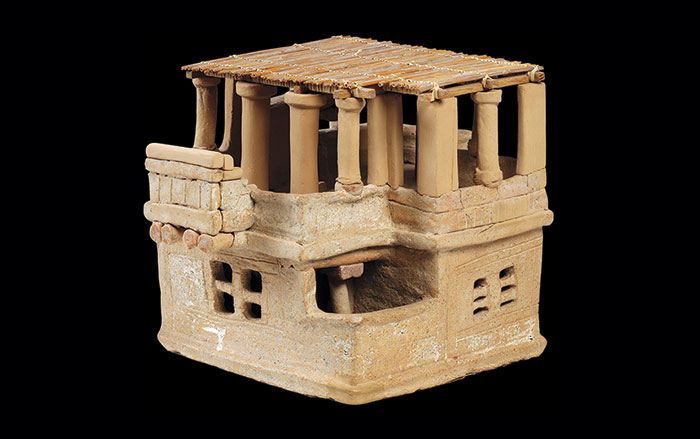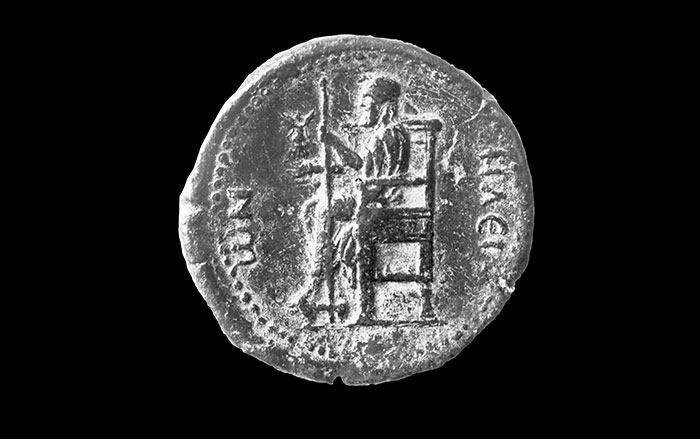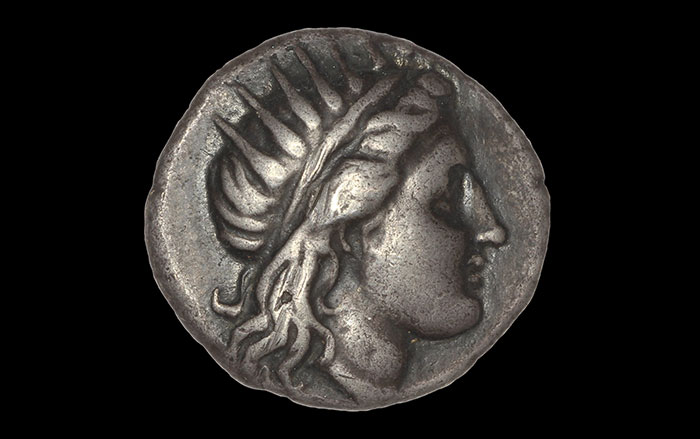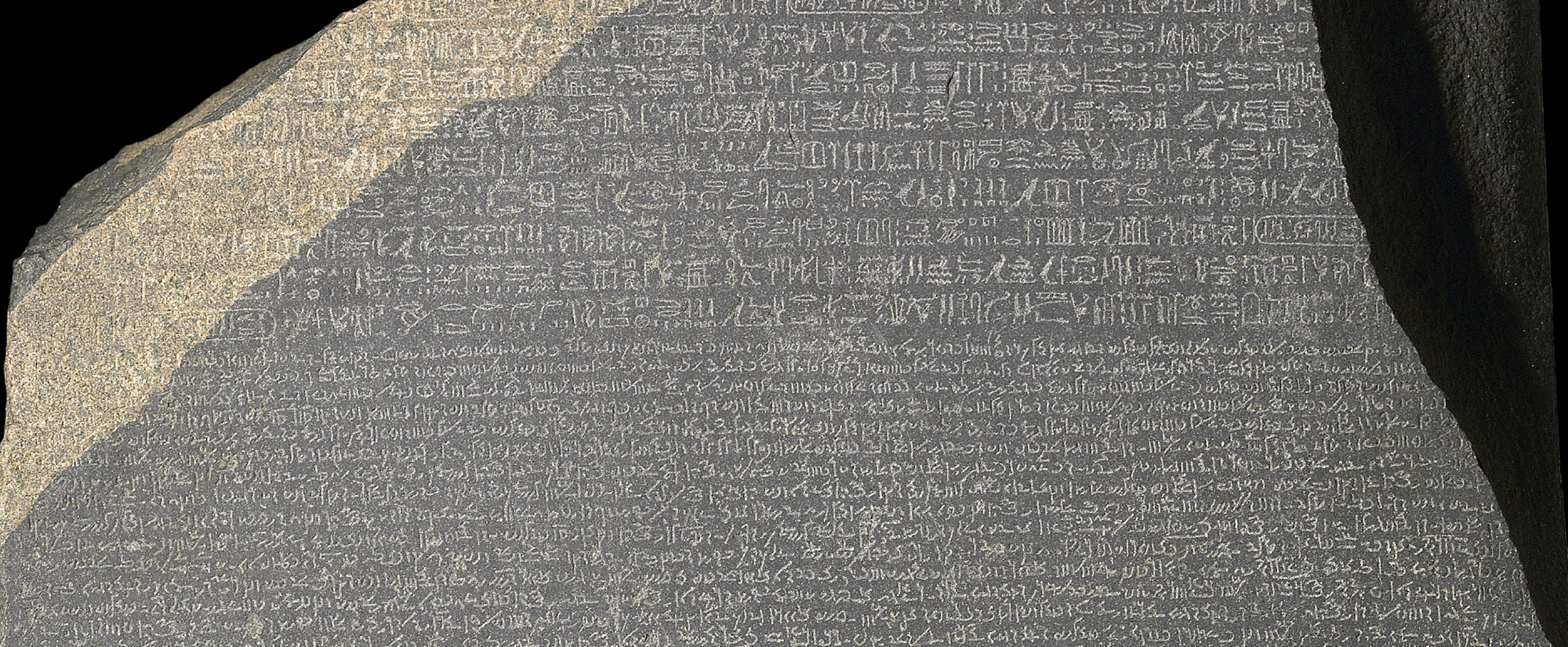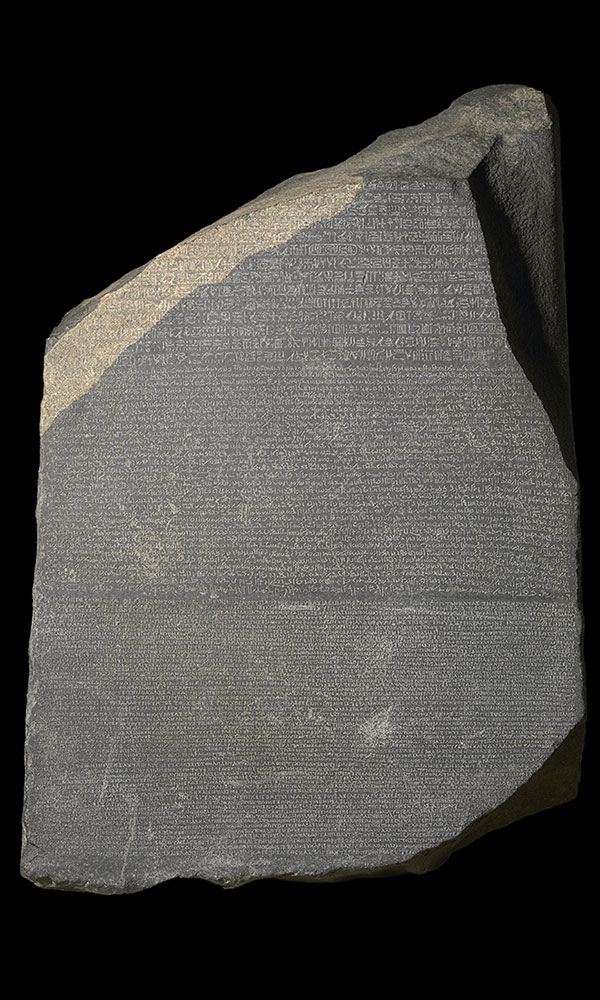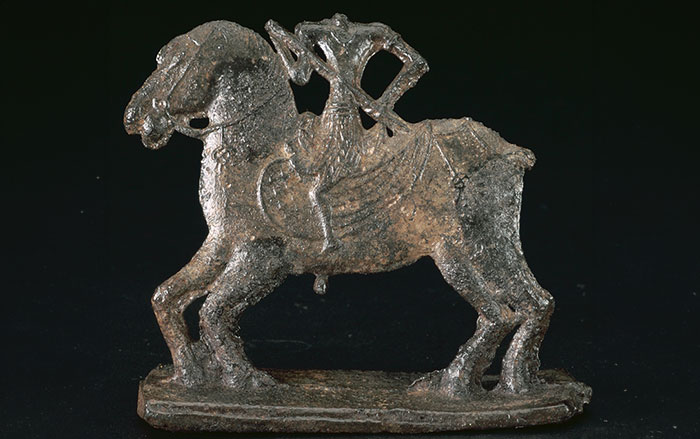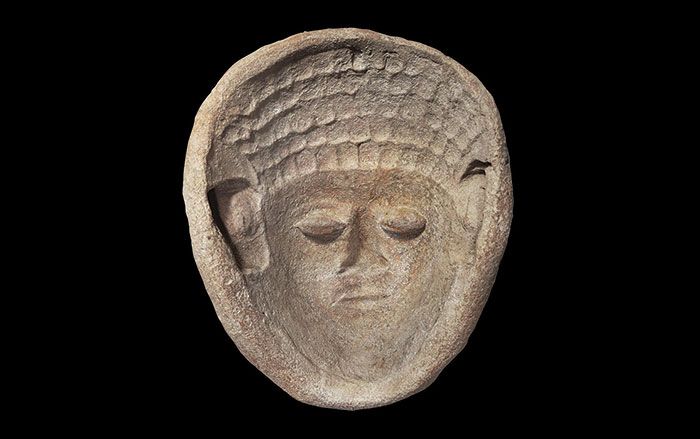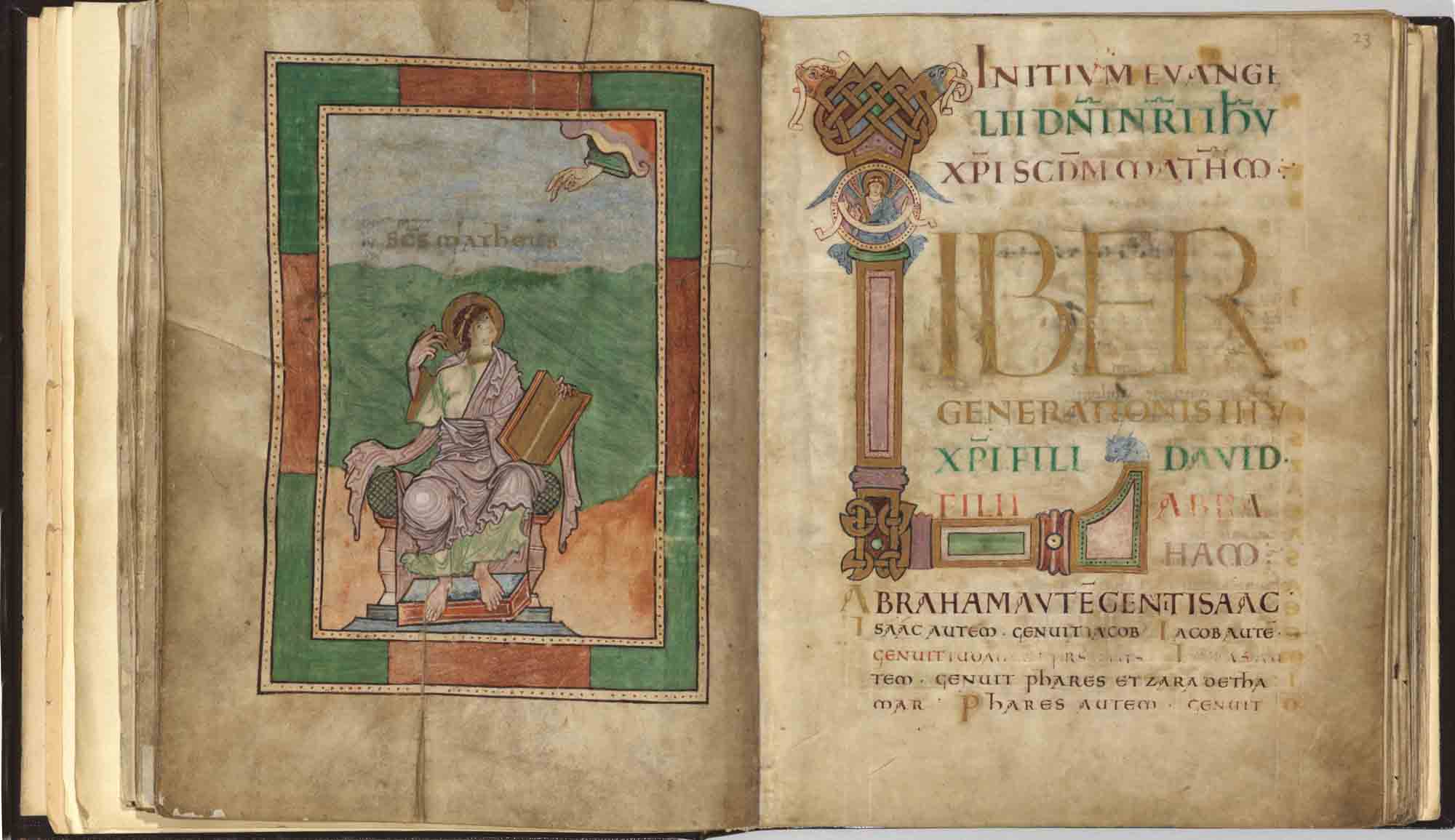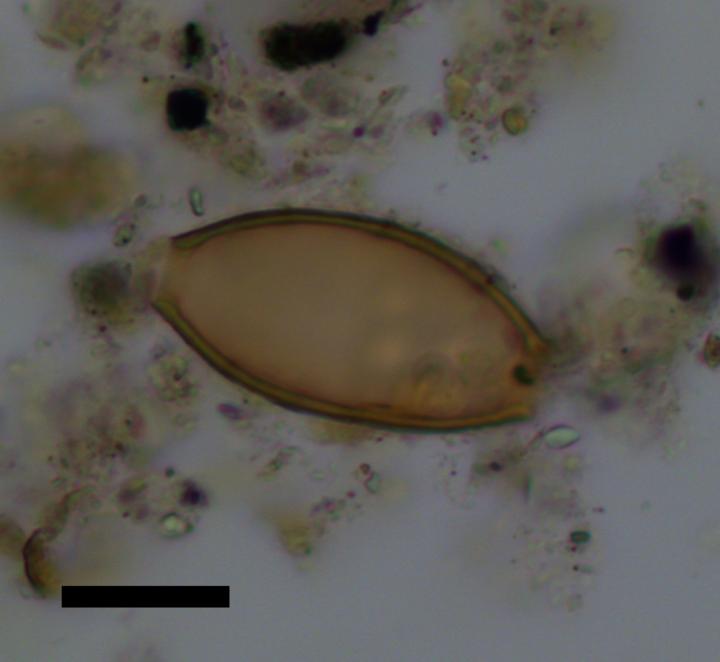
CAMBRIDGE, ENGLAND—Some 2,500 years ago, the Greek doctor Hippocrates described infestations of parasitic worms in his patients. Modern scholars suspected he was referring to roundworms, pinworms, and tapeworms, but had not been able to confirm the diagnoses. Live Science reports that biological anthropologist Evilena Anastasiou of the University of Cambridge led a team of researchers who analyzed soil adhering to the pelvic bones of 25 skeletons unearthed on the Greek island of Kea for traces of parasites in decomposed feces. They detected and identified roundworm and whipworm eggs in four of the burials, and noted that the eggs of those two parasites have robust, protective outer membranes. The more delicate eggs of other intestinal parasites probably decomposed over time. The researchers suggest roundworms may have been the Helmins strongyle worm Hippocrates reported, while Ascaris may have referred to both pinworm and whipworm. For more, go to “Vikings, Worms, and Emphysema.”


